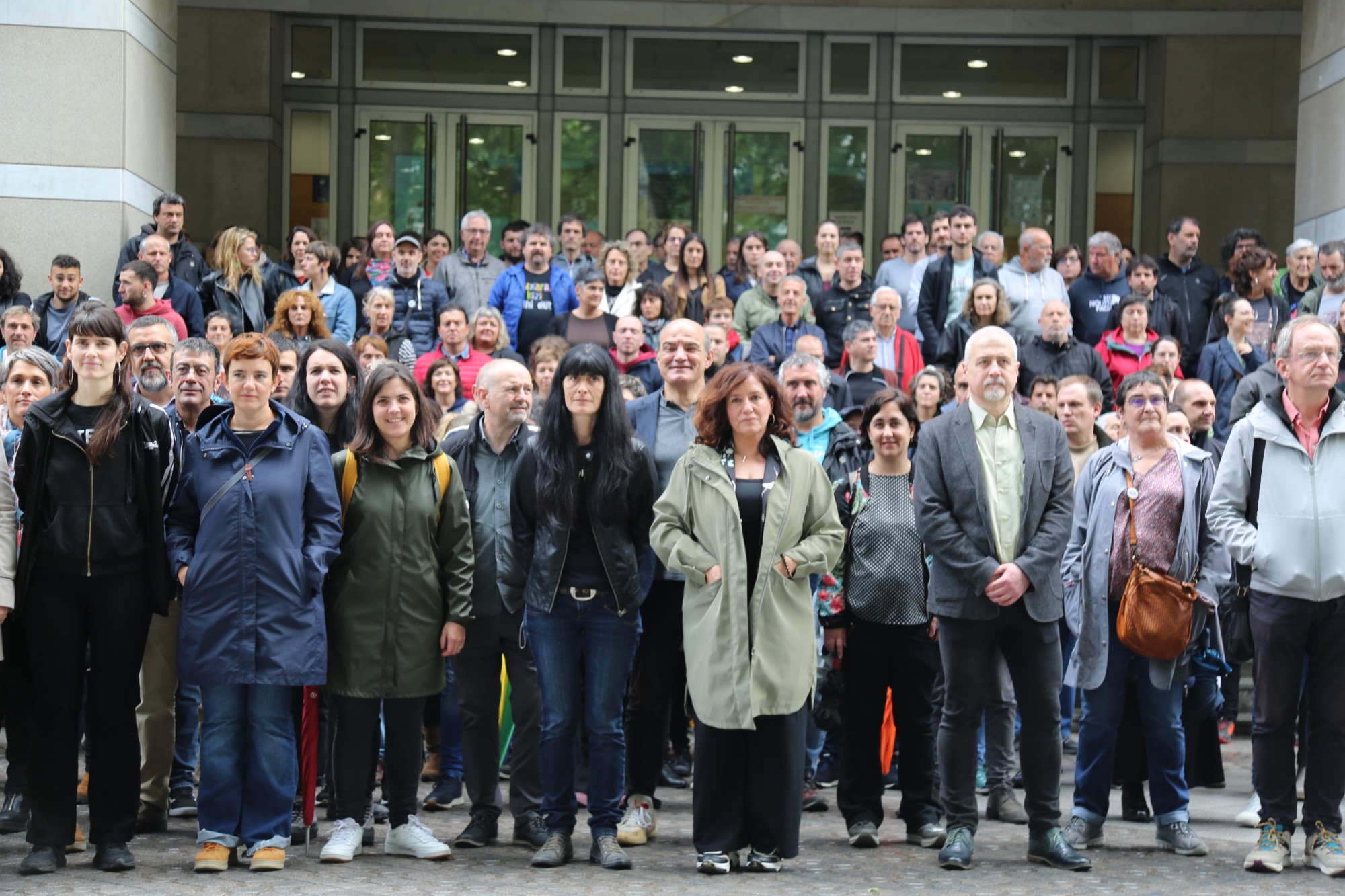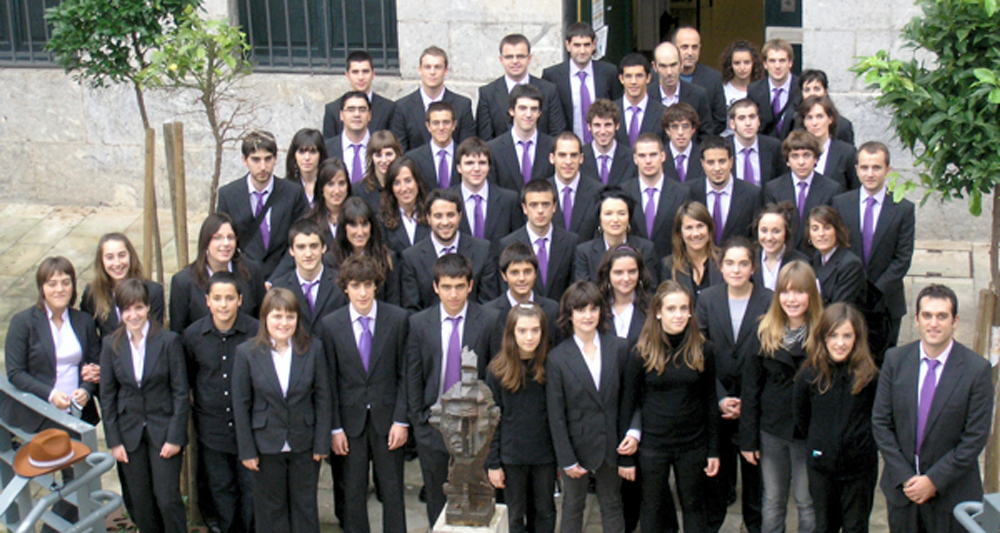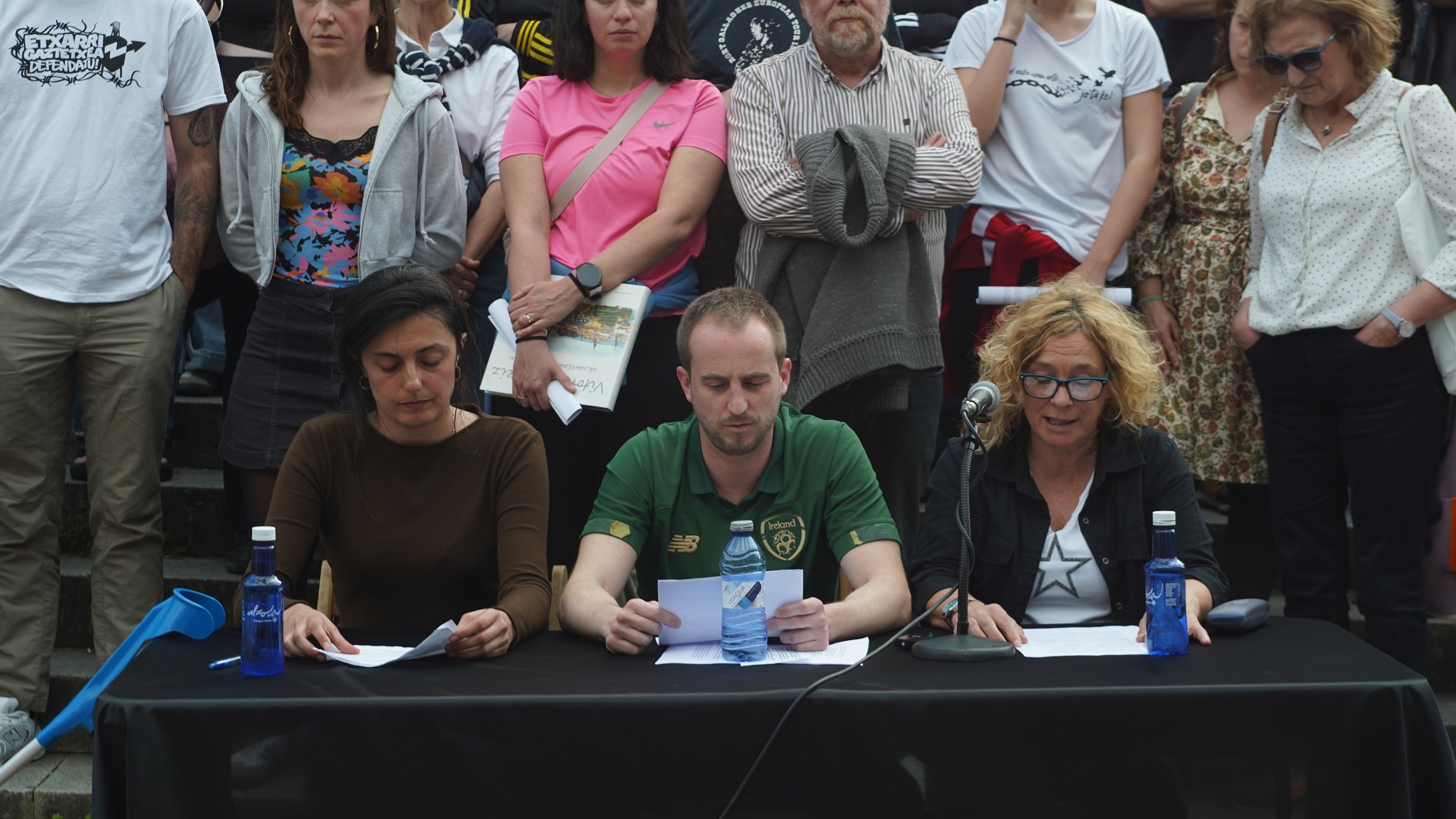Our failure
Perhaps, if we had a more epistolary tone, Beñat, José Luis, we would have improved the results, since answering a letter without referring to anything that is read in it is not friendly, so not attending to what he has written before would be something personal, and Beñat, the moralists you mentioned would be right, we would be angry with each other, the section would be more exciting (if we were touched by Mary). Today Beñat, I am tempted to say that I completely agree with you, but once you have written, we will not do it in vain.
If you've made it clear whether we're getting right or wrong, I guess it's because someone has asked you explicitly about the subject, what we've been told, I on my own, I don't think anyone can think we're angry. I was pleased, because we can make a great deal of criticism outward, but our, dear ones, in terms of debate, has been a great failure. What if you thought we were angry? Us, what? It seems to me that more than texts, what we take seriously is ourselves. It's not exactly the same. The occasion when I was asked about my anger, with attachment to one or another question, was in the wake of an interview that Aritz Galarraga asked me for the section The Devil’s Lawyer, the funniest one I have ever been asked, the second set of questions, entitled “the second roundabout”. I would have given a kidney for hearing Chesterton and Shaw discuss, so good friend!
I don't know where this foul, phlegm, comes from to polemize.
I was going to say that the smallness of the Basque system closes circles, which is always said, that we all know each other, that it is appropriate to respect the solemnities, not for great things, to cherish, perhaps older, a conference, a proposal for collaboration, and above all, that never that silence, that your thoughts are treated like those of your colleague, which is a disease rather than the effort to speak with a tone of writer, which is more intelligent ...... Not to explain what we have, but to look drunk, I have also said that there is little reading, which has a lot to do with arguing among writers; but then I remember that my references, the structural ones, are not the most recent, and that has brought me another difficulty: Do I need my own references to discuss? What does it have to do with the assertion that we only learn what we know? Flaubert wrote in the epistolar genre that I began by claiming: “We published it for unknown friends. The printing press has nothing beautiful. It’s a larger landfill, a tool of sympathy that’s going to hit away,” and perhaps you can think that, properly enough, you can only argue with your friends, even if they’re unknown. And we three do not take us wrong, if you are coming to Madrid, you are invited home, I say without irony, but we are not friends, nor in that sense, and that the “coup de simpatía” has not been able to come from one reference to the other. I finally understood that I had written in vain, because you started saying that to Beñat, OK.
Until now we have believed that those in charge of copying books during the Middle Ages and before the printing press was opened were men, specifically monks of monasteries.
But a group of researchers from the University of Bergen, Norway, concludes that women also worked as... [+]
Florentzia, 1886. Carlo Collodi Le avventure de Pinocchio eleberri ezagunaren egileak zera idatzi zuen pizzari buruz: “Labean txigortutako ogi orea, gainean eskura dagoen edozer gauzaz egindako saltsa duena”. Pizza hark “zikinkeria konplexu tankera” zuela... [+]
Aposapo + Mäte + Daño Dolor
When: April 5th.
In which: In the Youth Center of Markina-Xemein.
---------------------------------------------------------
I’ve made my way to the cheese house with the shopping cart full of vegetables, and we’ve spent the evening cutting... [+]





















